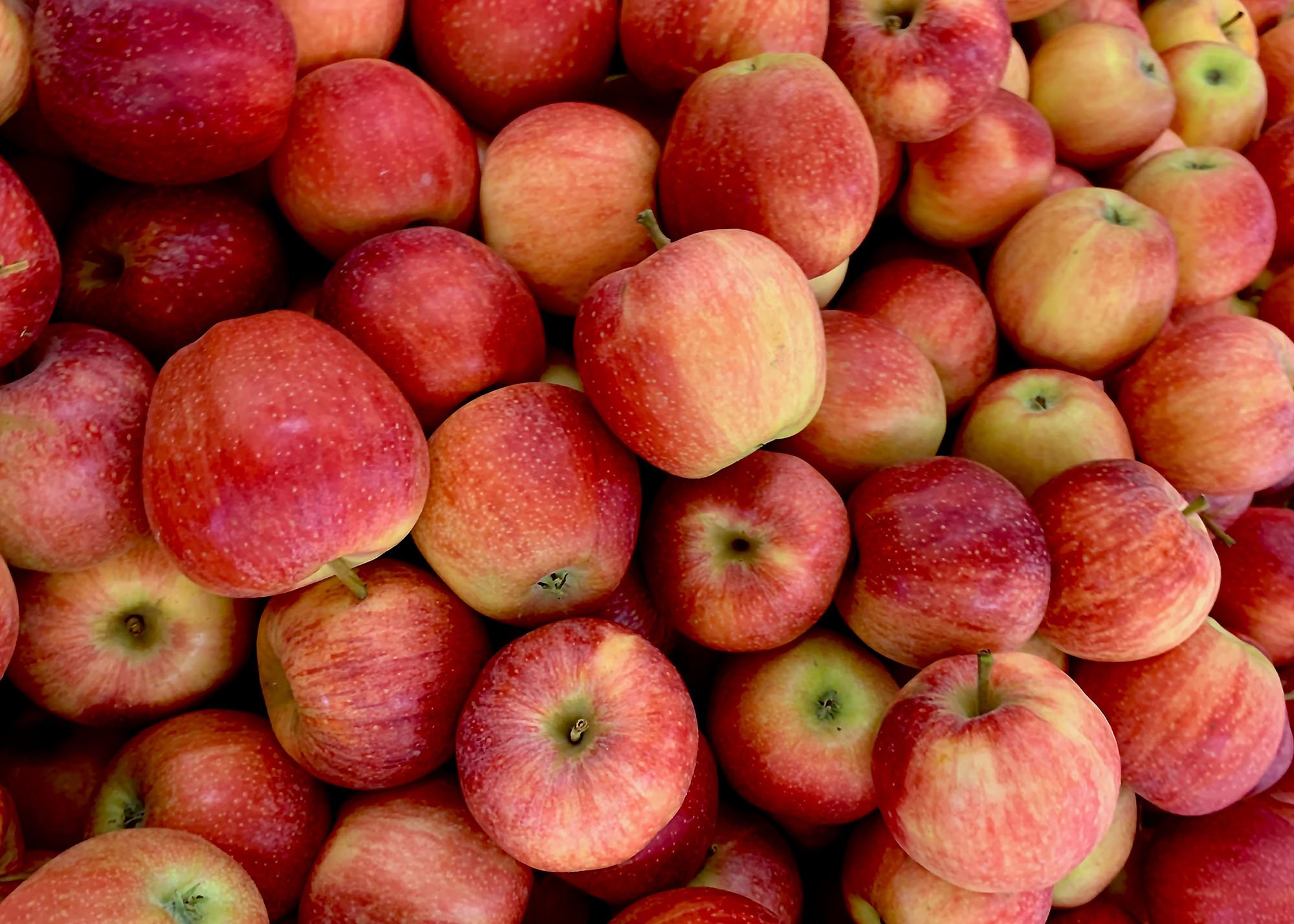
Farm to School
We support access to healthy food for the youngest members of our communities through farm to school initiatives. Farm to School programming is built upon three pillars: ag and nutrition education, school gardens, and procurement, or purchasing of locally produced foods for the cafeteria. Many schools in our region have added gardens or ag and nutrition education to their curriculum, and are interested in adding more local foods to their food service programs.
Members of our team are engaged in all three pillars of farm to school work in our region, and are actively involved with the Indiana Grown for Schools Network.
Farm to School VCC Fellowship Program
Sponsored by the USDA and IDOH, and administered by the NWI Food Council, this first of its kind program in Indiana provides empowers Farm to School Fellows to shape the future of farm to school programs in Indiana. F2S Fellows have the opportunity to influence and be part of the movement towards a more sustainable, resilient, and thriving food system in Indiana.
The Inaugural Farm to School VCC Fellow program launched in the fall 2024, with learning modules running through April 2025. Members of the fellow cohort completed 8 virtual meetings/modules, and completed a capstone project that will live on to support farm to school efforts in Indiana. Stay tuned for more updates on our fellows and the incredible resources they’re completing!
Local Foods for Schools
NWI Food Council and our Region Roots Food Hub was one of two distributors in Indiana to be awarded a Local Food for Schools grant from the Indiana Department of Health. This grant provided funds to purchase local products from Indiana farmers/producers (vegetables, fruits, meats/eggs, dairy, grains) to then distribute for FREE to qualifying schools within the NWI Region. Qualifying schools/districts participated in the National School Lunch Program and had 50% or more students participating in the Free and Reduced Lunch program.
Through the council’s Region Roots Local Farm and Food Hub we were thrilled to work with our area schools and districts to be able to provide FREE LOCAL FOOD in the 2023-24 and 2024-25 school years. We are deeply saddened that the continuation of the program, Local Food for Schools and Childcare Centers (scheduled to run through Spring of 2028), was terminated under the current administration. We are still here to support our farmers and school districts with our farm to school work, and are hopeful that funding for this impactful program will be reinstated.
For more information on our farm to school programs, please contact Veronica (veronica@nwifoodcouncil.org). For more information on how to purchase local food for your school programs, please check out regionroots.org.
Please join us in celebrating the incredible impact of the Local Food for Schools program, and let us know if you’d like to learn more or contribute to future farm to school efforts! Check out the 2023-25 LFS Impact Report below.
Kind Words About Our Farm to School Programs
Lake Michigan School Food System Innovation Hub
Through the Lake Michigan School Food Systems Innovation Hub (Innovation Hub), grants will be available in late 2023 across Illinois, Michigan, Wisconsin, and Northern Indiana to collaboratives of K-12 schools, food producers, suppliers, distributors, and their community partners (with priority given to under-resourced collaborators who have faced economic or social disadvantage) In the amount of approximately $10,000 - $100,000/year with the purpose of strengthening and adapting the local food system and marketplace to enable schools to serve their students culturally relevant, delicious foods that align with USDA meal pattern standards. More to come!

East Chicago Farm to School Program
The NWI Food Council (NWIFC) in partnership with Purdue Extension, New Venture Advisors, and the East Chicago community worked with the School City of East Chicago (SCEC) to develop an action plan for farm to school initiatives. This action plan focuses specifically on the two SCEC elementary schools of William McKinley and Benjamin Harrison. Input from community connections developed through these programs was invaluable to the farm to school action planning process in order to achieve long-term project sustainability through community buy-in and ongoing support.


